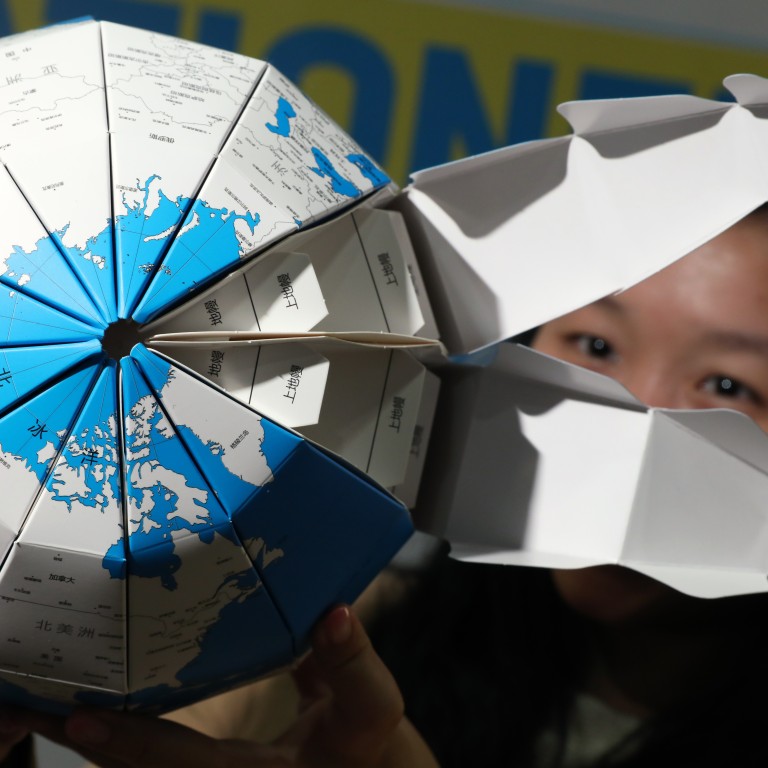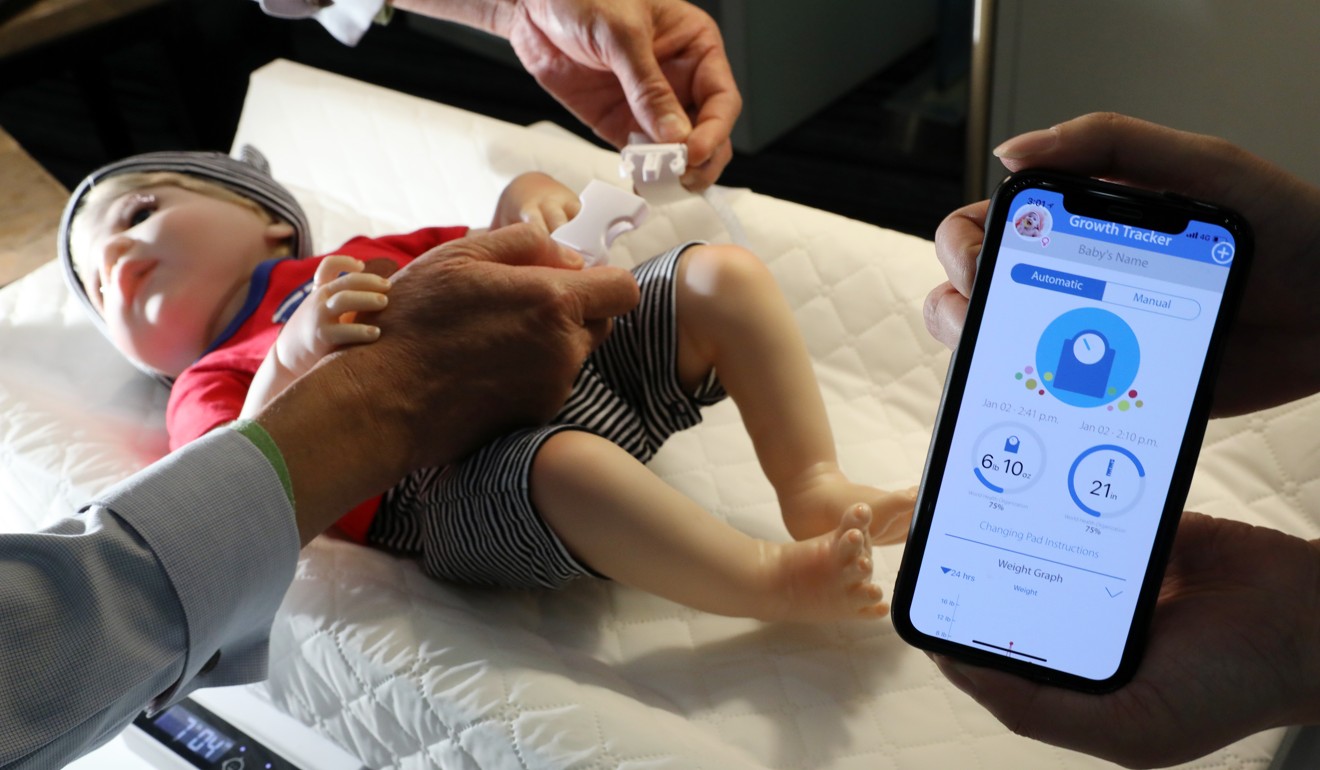
Impending storm from US-China trade war pushing Hong Kong toymakers to relocate production from mainland China to lower-cost markets
- Trade war has left toy sector largely unscathed, but Washington extending tariffs to all Chinese-made goods could change that
- Migration of toy factories from China to other production centres has been ongoing, with a drop of one-third in the number of factories from two decades ago
Hundreds of Hong Kong toymakers are bracing for an exodus from their decades-old production base on mainland China under the pressure of the US-China trade war, according to an industry veteran.
Although the existing punitive tariffs only cover some electronic components of toys, the industry is now under greater pressure to relocate their factories to such lower-cost markets as Vietnam, Indonesia and India, according to Lawrence Chan Wing-luen, chairman of the Hong Kong Trade Development Council’s toy advisory committee.
Amid the doom and gloom, Hong Kong’s toy exports are set to grow 1 to 2 per cent in 2019 after 1.6 per cent growth between January and November 2018, which brought exports to HK$45.2 billion (US$5.8 billion), Chan said.
“Christmas sales in the US were better than expected despite the trade war,” he said. “This year’s exports don’t look too bad because there are a number of blockbuster movies in the pipeline that will help boost licensed products.”
Growing costs are eating further into profits and now the trade war brings extra risks
In the US, almost nine out of every 10 toys are made in China.
Washington and Beijing are in the middle of a 90-day truce since December 1 to work out a settlement on punitive tariffs levied on each other’s exports.
So far, toys escaped largely unscathed from the levies but the sector cannot rest on its laurels as US President Donald Trump threatened to extend tariffs to all of the US$505 billion worth of Chinese-made exports, from half at present.
Toymakers hope Asia’s largest toy fair will help boost flagging sales
“The trade war is a catalyst for many Hong Kong toy manufacturers operating in China to consider relocating their factories,” Chan said, himself a toy entrepreneur and honorary president of Hong Kong Toys Council.
The migration of toy factories from China started several years ago along with the country’s industrial transformation to higher technology and service-led economy, he said.
“Growing costs are eating further into profits and now the trade war brings extra risks,” he said.
Loyalty, cheap labour made Hong Kong’s toy king a mainland factory pioneer
There are about 2,000 factories on mainland China compared with over 3,000 in the sector’s heydays about two decades ago, he added.
Wah Shing Toys, one of the biggest Hong Kong toymakers with about 20,000 employees in Guangdong province, said the company recently started considering a relocation plan, according to director Francis Wong Wai-cheuk.

“We are thinking about Vietnam or India, where there is a great labour supply,” he said.
To fend off competition and innovate on traditional toys, the company said it would test the waters for smart baby products for the first time at a baby product fair.
Wong said a new product which the company developed with its own patented technology, featured a sensor attached to a baby’s leg, a mobile phone app and an electronic changing pad. When the baby rests on the changing pad, the sensor records and tracks data such as heart beat, weight and height.
Trade war solution for Hong Kong toymakers may be China
The sensor can sense the baby’s skin temperature and inform parents via the app if the baby has been lying upside down or needs a blanket.
The baby fair runs concurrently with the annual toys and games and stationery fairs next Monday. The toy and games fair, the world’s second largest after Germany’s Spielwarenmesse, is expected to draw 2,100 exhibitors from 42 markets.

